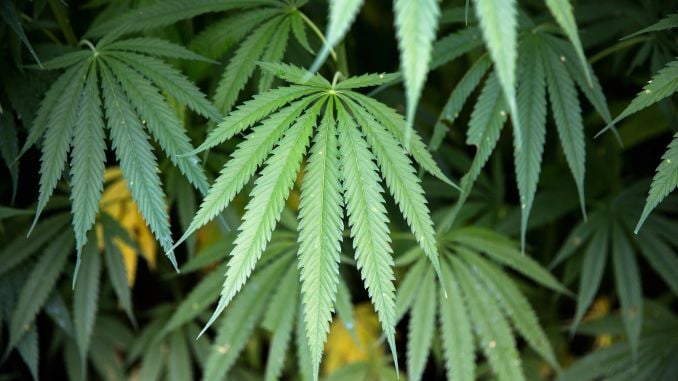
African countries embrace cannabis

Zambia has joined the list of African nations that have legalised or are considering legalising cannabis to some degree, as attitudes towards the drug slowly change and investments in its medical benefits grow.
The country’s spokesperson Dora Siliya on Monday said a special cabinet meeting on December 4, legalised the production and export of cannabis for economic and medicinal purposes.
While this would make Zambia the latest country to shift its position on the drug to give its finances a boost, Siliya’s statement did not make it clear whether the use of cannabis for medicinal purposes in Zambia had been legalised.
This could be a blessing or a curse, like diamonds and gold, depending on the policy direction.
In this article, we highlight the different countries including Lesotho, South Africa and Zimbabwe that have changed their stance on cannabis.
The global market for medical cannabis is currently estimated at $150 billion (135 billion euros) and could reach $272 billion in 2028, according to Barclays Bank.
Zambia
Zambia’s motivation for legalising cannabis exports is rooted in a hefty fiscal deficit and growing debt burden.
Growth in external debt to $10.5 billion at the end of 2018 from $8.74 billion a year earlier has raised fears the country is headed for a debt crisis.
Zambian opposition Green Party President Peter Sinkamba, who has been advocating the export of cannabis since 2013, said the move could earn Zambia up to $36 billion annually.

“Depending on how properly this is done, this could just change the face of Zambia’s economy,” Sinkamba told Reuters. “This could be a blessing or a curse, like diamonds and gold, depending on the policy direction.”
Siliya said the government had directed the ministry of health to coordinate the issuance of the necessary licences while a technical committee made up of ministers from a range of departments would come up with guidelines.
South Africa
Last year, South Africa’s constitutional court paved way for the relaxation of laws on drug use and consumption, when it ruled that private use of marijuana, locally referred to as dagga, is not a criminal offence.
“The right to privacy is not confined to a home or private dwelling. It will not be a criminal offence for an adult person to use or be in possession of cannabis in private space,” deputy chief justice Raymond Zondo said.
In the same year, Zimbabwe’s health ministry issued new regulations, allowing individuals and companies to be licensed to cultivate marijuana, known locally as mbanje.
Zimbabweans are now able to apply for licences to grow cannabis for medical and research purposes. The five-year renewable licences will allow growers to possess, transport and sell fresh and dried cannabis as well as cannabis oil.
Lesotho
In 2017, Lesotho became the first African country to allow the cultivation of cannabis for medicinal purposes.
Deputy health minister Manthabiseng Phohleli told AFP that the legalisation of cannabis presented “a huge opportunity for the country”, which boasts 300 days of sunshine per year.
“It attracts investors,” she said. “So far we have around 10 businesses operating on the territory.”
Entirely surrounded by South Africa, Lesotho is also one of the poorest countries in the world, ranking 159 out of 189 in the latest UN Human Development Index.
Unemployment is high, public services are scant and almost a quarter of the population is infected with HIV.
The government charges 30,000 euros for a one-year renewable licence to grow cannabis.
Known as “matekoane” in Sesotho, the country’s national language, it has been grown for centuries in rural areas.
The United Nations Office on Drugs and Crime estimates that 70 percent of marijuana consumed in South Africa is grown in Lesotho, making cannabis the country’s third source of revenue.
The post African countries embrace cannabis appeared first on Nile Post.
0 Response to "African countries embrace cannabis"
Post a Comment